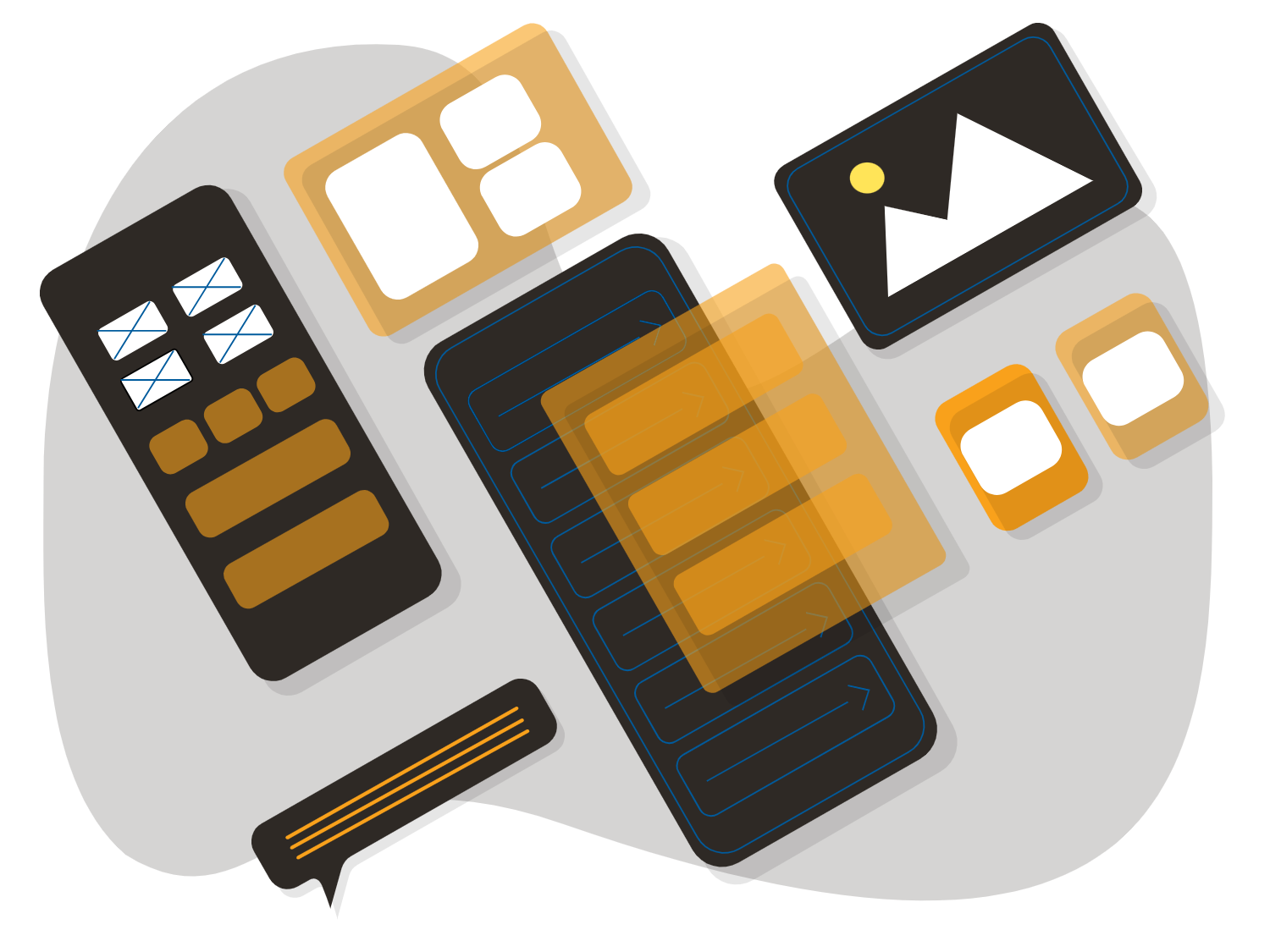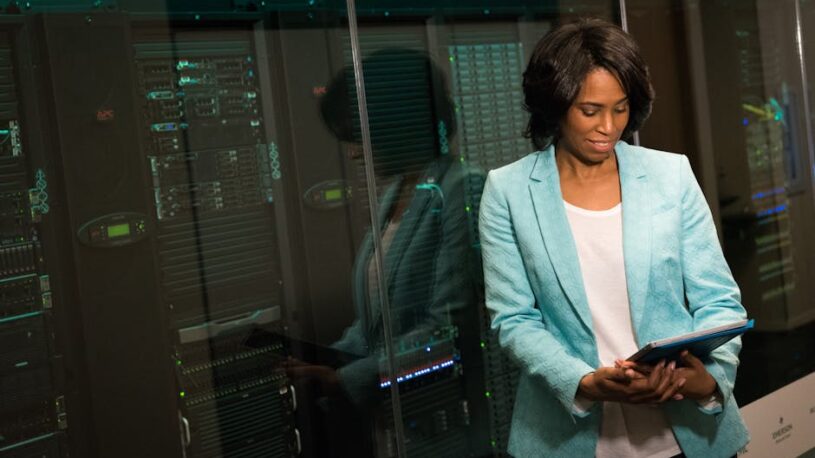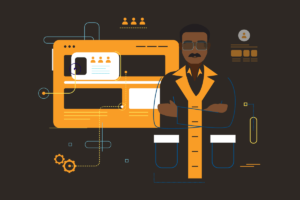

Risks Associated with Using Public Wi-Fi
Public Wi-Fi is a tool that has enabled us to be more connected and interactive with one another. People take advantage of this resource at the library, cafes, restaurants and airports, to name a few. With all of these public hotspots around, it is important to take the necessary precautions to protect your information. Wi-Fi security is important because if you have a device on which sensitive information (such as a password) is stored, it would be easy for someone to access this information using public Wi-Fi.
Why you should avoid using public Wi-Fi:
Your mobile device, laptop or tablet has sensitive information such as passwords, credit cards, health information, social media accounts and more. When you are in public places like cafes, libraries or airports, you have to be able to trust the people with whom you are communicating. People can intercept your information if they’re within a short distance of your device. Hackers can exploit this information and use it for their own gain.
Dangers of Using a Public Wi-Fi Network
Password and Username Theft:
The main source of danger lies in the fact that your username and password information is in some cases being transmitted in clear text. In other words, as you log into a website or a network, you reveal your password to any hacker nearby. Not all connections on public Wi-Fi are encrypted, so you cannot ensure that your login credentials are safe.
Man-in-the-Middle Attacks:
When you use public Wi-Fi, you need to know who connects to your device. If a hacker gains access to your device, they may be able to install a piece of software on it that can give them access to all data that is sent through the connection. The hacker can then read any traffic that passes through and access any sensitive information transmitted.
Worm Attacks:
Worms and viruses can be quite similar, but one key difference is that worms can cause trouble all on their own, no extra software needed. So, if you join a public Wi-Fi network, beware – worms could spread from other devices on the network to your computer.
Malware:
Malware is a program designed to harm a computer, steal data or send viruses to nearby devices. A hacker can use malware to get into your device and have access to all of your data.
Wi-Fi Networks Controlled by Hackers:
Hackers can set up Wi-Fi networks that are free to use, but when you connect to them, the hacker has access to all of your data. You see the connection but will not be able to verify that you are connecting to the right network because a hacker can set up a Wi-Fi hotspot with a name similar to that of an actual network, such as Starbucks free Wi-Fi or an airports free Wi-Fi. The best way to avoid these Wi-Fi networks is by asking restaurant or airport staff if they are legitimate.
Snooping and Sniffing:
The ever-present risk of hackers using specialized software to intercept Wi-Fi transmissions is a major concern when it comes to public Wi-Fi. This allows malicious actors access to potentially sensitive information that your remote workers can be exposed to, such as login credentials and even the potential for account takeover.
Conclusion
The dangers of using public Wi-Fi should not prevent you from using it, but it is always important to remember what information you are putting out there and who could access it. Knowing the risks of using public Wi-Fi and what steps you can take to secure your information is of the utmost importance in this ever-changing Cybersecurity landscape.




